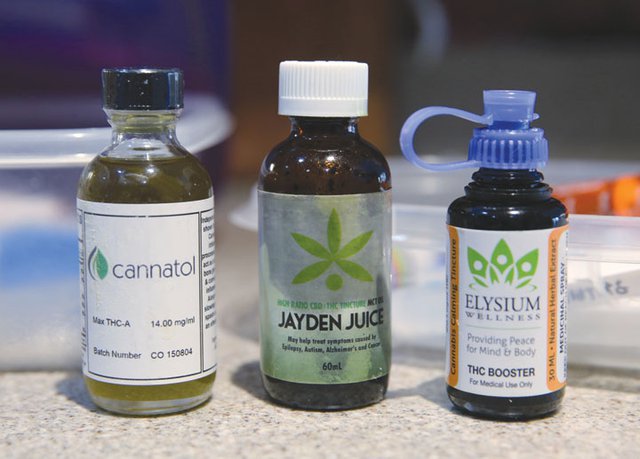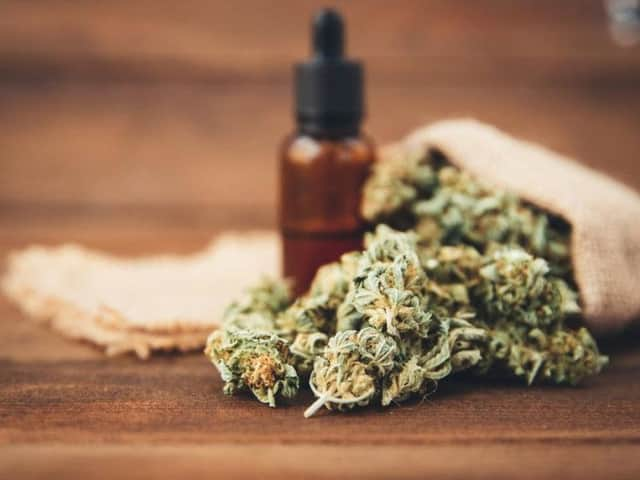CBD oil comes from the hemp plant, and its adherents are convinced of its health benefits. Here’s what you should know before you try it.
Suddenly, cannabidiol (CBD) oil seems to be everywhere. People are pouring it into their tea at night, taking it in capsules, or putting it in their e-cigarettes claiming it relieves depression, masks chronic pain, and helps them sleep more soundly. And, although CBD oil is often derived from hemp plants, it makes you feel good, and it’s not just hemp users who say so.
But what exactly is CBD oil? CBD oil is usually extracted from the resin glands of hemp buds and flowers. It can also be extracted from hemp, which is an industrial, fibrous form of hemp that has small buds and a tetrahydrocannabinol, or THC, a concentration of 0.3% or less (THC is the chemical compound responsible for getting people high). It is usually diluted with another type of oil, such as MCT oil.
No, CBD oil is not going to get you high.
There are more than 80 active cannabinoid chemicals in hemp, and their effects on us come from their interactions with specific receptors in our bodies. THC is the main psychoactive cannabinoid in the plant, and it produces intoxication and euphoria because it interacts with CB1 receptors in the brain. CBD’s interaction with those same receptors is 100 times weaker than THC’s, and, when it does bind to them, it does not alter our thoughts or perceptions in the same way.
That said, mislabeled products can contain significant levels of THC, higher than those listed below.
The legality of CBD oil depends on where you live.
CBD oil is legal in all 29 states where hemp, for medical and/or recreational purposes, is legal. Another 17 states have specific laws surrounding CBD: Alabama, Georgia, Indiana, Iowa, Kentucky, Kentucky, Mississippi, Missouri, North Carolina, Oklahoma, South Carolina, South Dakota, South Dakota, Tennessee, Texas, Utah, Virginia, Wisconsin, and Wyoming. Each of these states has unique restrictions on THC levels and use cases (in Missouri, for example, it can only be used to treat epilepsy).
Studies Show That CBD Oil May Actually Have Health Benefits
In June, the FDA approved Epidiolex, a CBD pharmaceutical product used in the treatment of seizures associated with Lennox-Gastaut syndrome and Dravet syndrome, two rare childhood epilepsy conditions.

In addition, several animal studies and anecdotal evidence indicate that CBD oil has the potential as a treatment for everything from anxiety and substance abuse disorders to chronic (and muscular) pain and even central nervous system diseases. Two recent clinical studies (one published in The New England Journal of Medicine, the other in The Lancet) showed that it may be helpful in reducing certain types of seizures.
It should be noted that research on CBD oil in humans is limited. In the United States, cannabidiol is classified as a Tier 1 medicine (no currently accepted medical use and a high potential for abuse), so the government requires extensive documentation from researchers interested in studying it and subjects them to extensive regulations.
But CBD oil is often mislabeled.
CBD oil is now marketed in all forms: from drops, capsules, syrups, and teas to lotions and creams. But, for non-FDA-approved CBD products, there are no federal regulations on their production, labeling, and distribution. Check out CPP LUXURY for additional tips and information.


